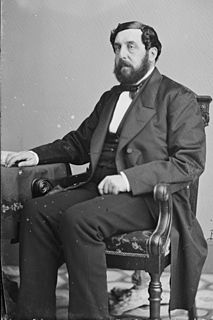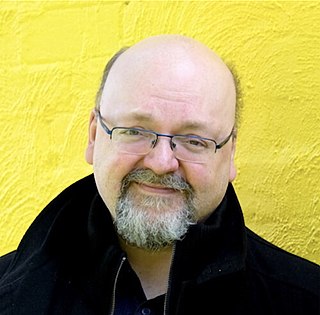A Quote by Henry Theodore Tuckerman
Credulity is perhaps a weakness almost inseparable from eminently truthful characters.
Quote Topics
Related Quotes
When an acting teacher tells a student 'that wasn't honest work' or 'that didn't seem real,' what does this mean? In life, we are rarely 'truthful' or 'honest' or 'real'. And characters in plays are almost never 'truthful' or 'honest' or 'real'. What exactly do teachers even mean by these words? A more useful question is: What is the story the actor was telling in their work? An actor is always telling a story. We all are telling stories, all the time. Story: that is what it is all about.
All through it, I have known myself to be quite undeserving. And yet I have had the weakness, and have still the weakness, to wish you to know with what a sudden mastery you kindled me, heap of ashes that I am, into fire- a fire, however, inseparable in its nature from myself, quickening nothing, lighting nothing, doing no service, idly burning away.
One of the chief obstacles to intelligence is credulity, and credulity could be enormously diminished by instructions as to the prevalent forms of mendacity. Credulity is a greater evil in the present day than it ever was before, because, owing to the growth of education, it is much easier than it used to be to spread misinformation, and, owing to democracy, the spread of misinformation is more important than in former times to the holders of power.




































